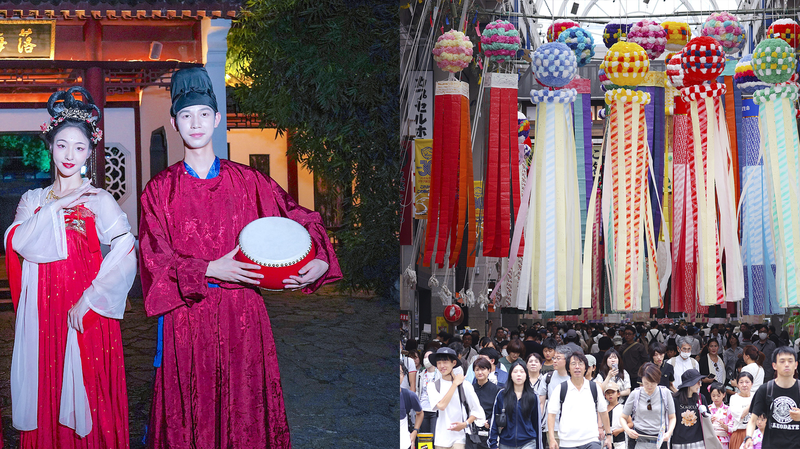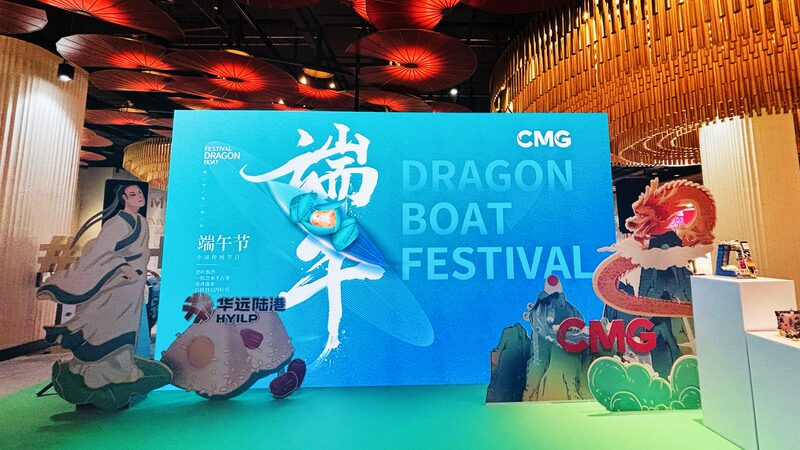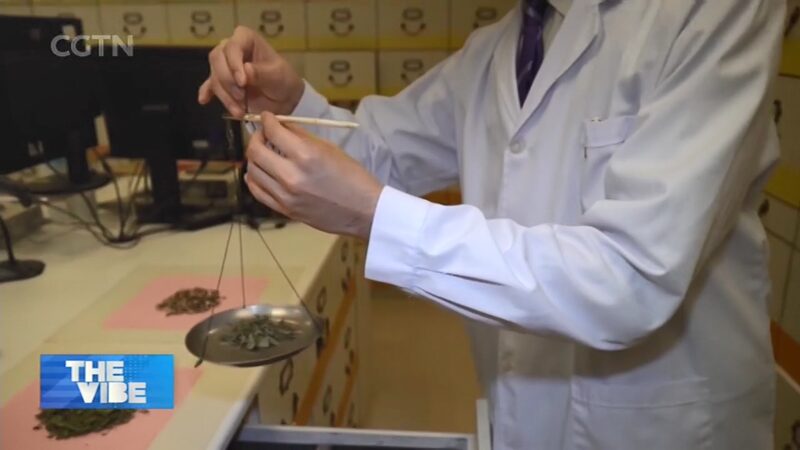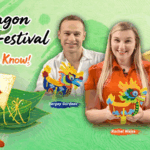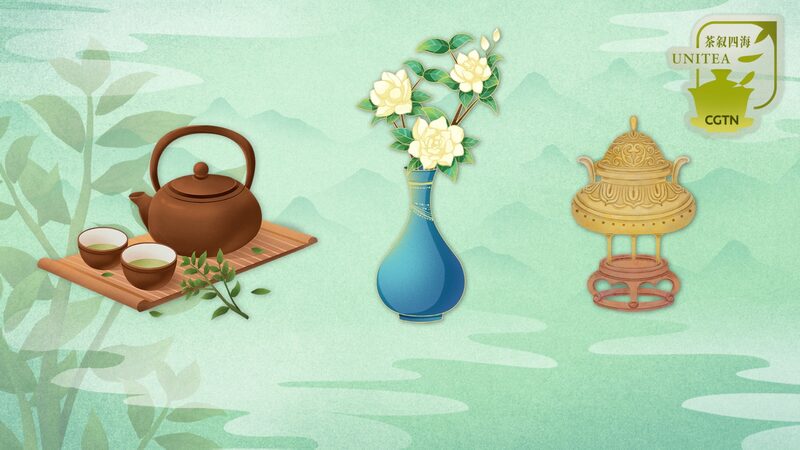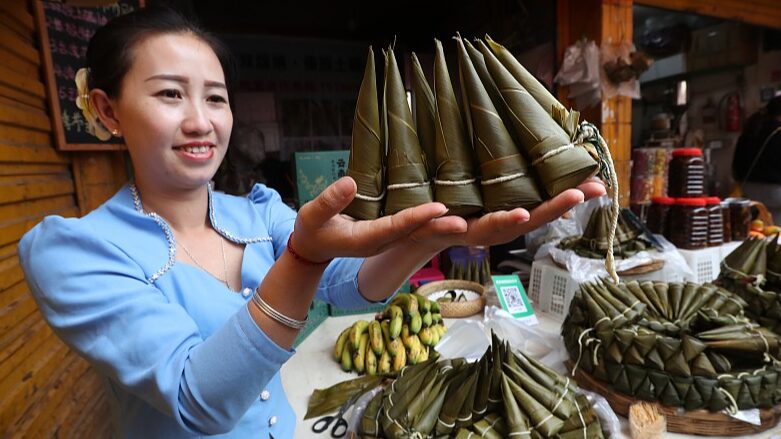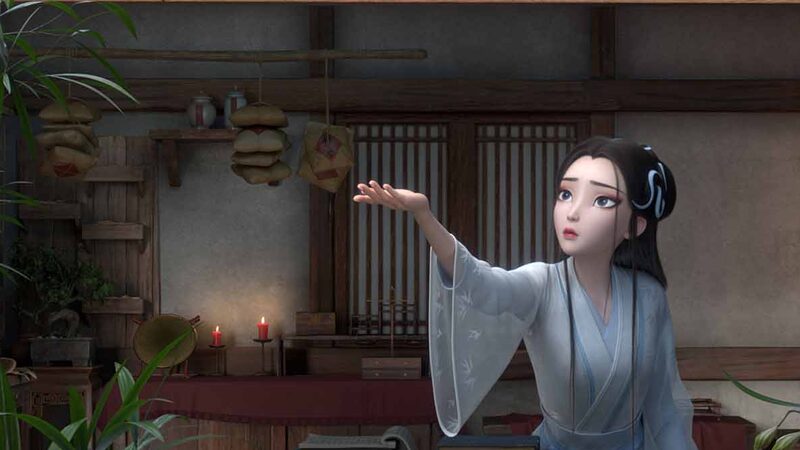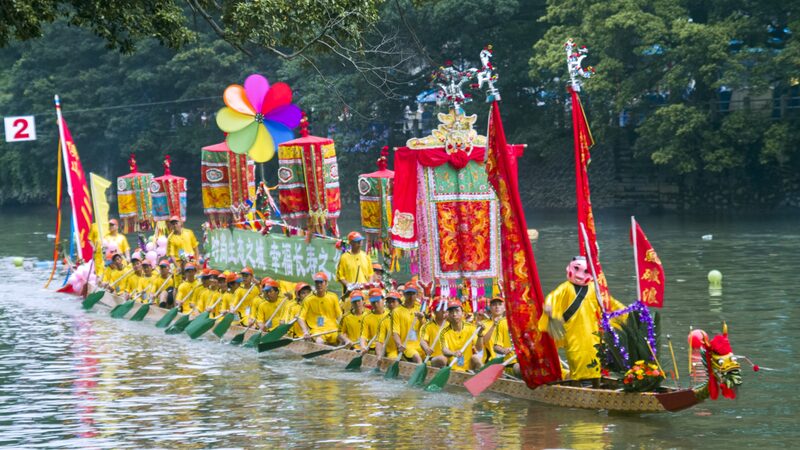Centuries of cultural exchange between China and Japan have woven a vibrant tapestry of shared traditions, particularly visible in festivals celebrated with distinct local flavors in both countries. From dragon boat races to star-crossed love stories, these events reveal enduring historical ties while reflecting unique societal adaptations.
The Duanwu Festival, known in China for its rice dumplings and dragon boat racing, transitions into Japan's Tango no Sekku—a day honoring children's health and resilience. Similarly, Qixi Festival (Tanabata in Japan) reimagines China's ancient tale of celestial lovers into colorful Japanese street celebrations marked by wish-bearing bamboo decorations. The Chongyang Festival, focusing on elder respect in China, resonates through Japan's chrysanthemum-viewing events during the same autumn period.
Dr. Mei Lin, cultural historian at Beijing University, observes: "These festivals act as living bridges—their roots in Chinese philosophy and folklore have branched into creative Japanese interpretations shaped by regional history." The evolution highlights how shared traditions adapt to changing social values while maintaining cultural kinship.
As cross-cultural tourism grows, travelers increasingly explore these festivals through culinary experiences and artisanal crafts. For the Asian diaspora, they serve as touchstones connecting generations to ancestral heritage. Meanwhile, scholars note their potential to foster modern people-to-people exchanges amid shifting geopolitical landscapes.
Reference(s):
cgtn.com
